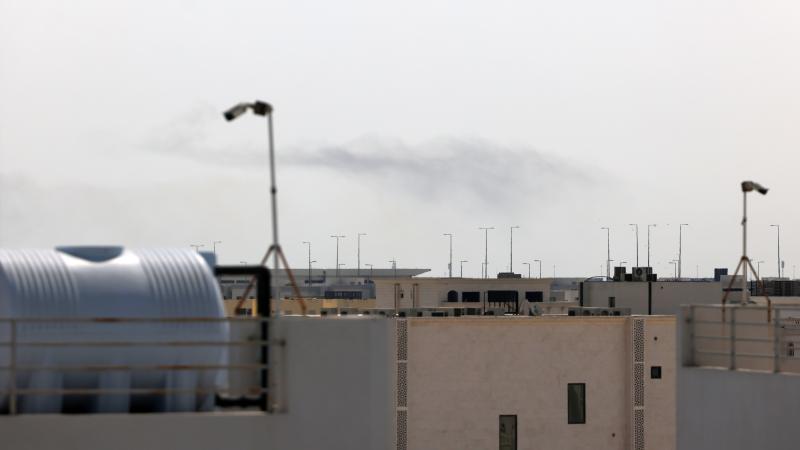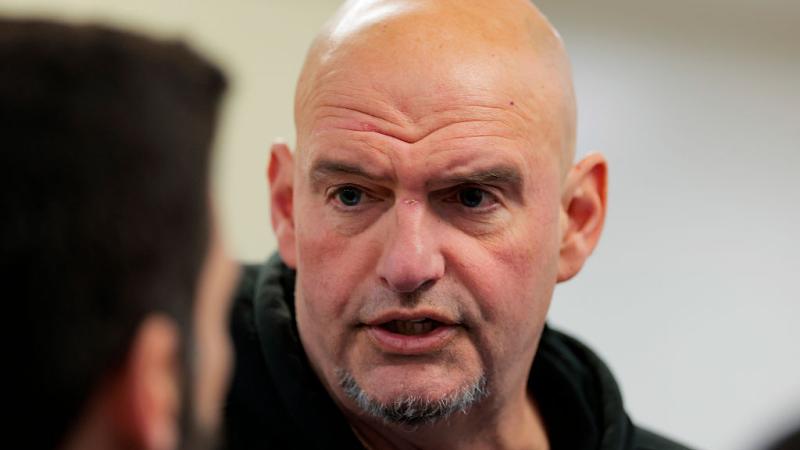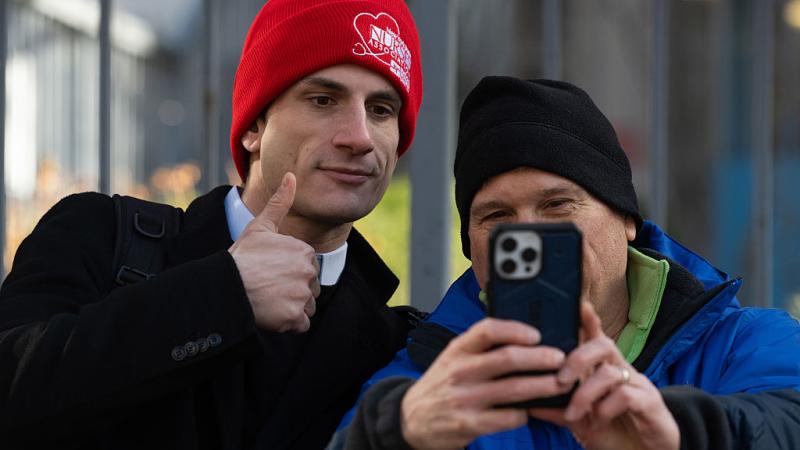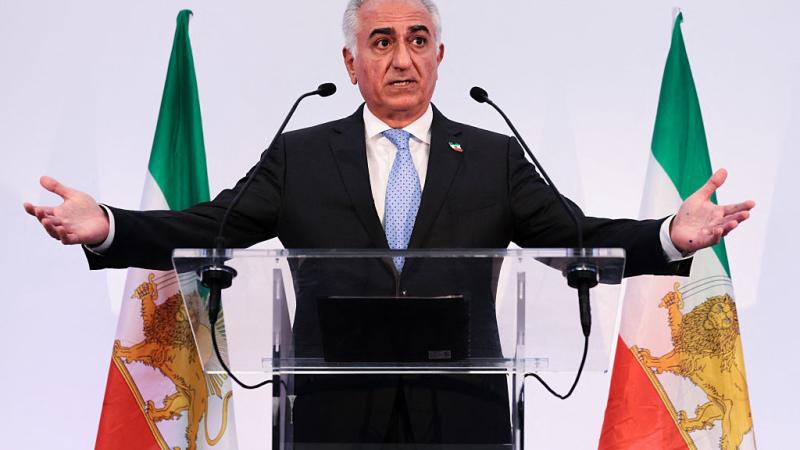The pandemic’s immigration policy casualty: REAL-ID plans put on hold
Despite policy setbacks, polling shows his base is staying with him.
President Trump has long supported stronger controls on illegal immigration, and the coronavirus is complicating his efforts, from illegal immigrants receiving coronavirus stimulus checks to the possibility that illegal immigrants could get government-paid coronavirus healthcare. Despite these setbacks, polling shows the president is currently maintaining strong support within his conservative base and the Republican Party.
One additional immigration complication from coronavirus is that the federal government is postponing requirements for Americans to obtain what’s known as a “REAL-ID” to travel. The REAL-ID Act requires a driver’s license or identification card that is valid no longer than its holder's period of authorized stay in the United States. The president said at a White House coronavirus briefing last month that he was delaying the October 1 deadline to alleviate crowding at local Department of Motor Vehicles (DMV) offices.
Under the original October 1 deadline, people without valid ID cards would be banned from boarding commercial flights, entering federal buildings, or gaining access to American nuclear plants.
Tommy Hicks, co-chairman of the Republican National Committee, told Just the News that he was not worried about the political implications of coronavirus delays for REAL-ID and other immigration complications.
“He ran on strong borders in '16, he’s been working around the clock to keep our people safe, the American people safe, and I think he’s going to run on strong borders again,” Hicks said. “I think the American people now understand exactly why it’s important to have strong borders … I think the base understands exactly what the president is trying to do in terms of securing our borders. He’s the first president we’ve had focus on this in a long time, despite the fact that we’ve had both Republicans and Democrats in the White House and in Congress who have run on strong borders.”
Neena Dutta, principal attorney at the Dutta Law Firm and a board member of the American Immigration Lawyers Association, said that delaying REAL-ID wouldn’t likely harm Trump’s standing with his base since his overall immigration policies are still strict.
“REAL-ID is the least of our problems right now,” Dutta said. “Making sure that people are released from detention centers, which will most certainly make this pandemic worse. As well as giving government workers the ability to stay home, such as the immigration courts. We also need for filing deadlines and extensions of filing to be accommodated, as people will fall out of status if this does not occur. It is an administrative accommodation they could make easily.”
Michael Wildes, managing partner of the law firm Wildes and Weinberg, serves as immigration attorney for First Lady Melania Trump, though he often publicly disagrees with the president on immigration policy. Wildes told Just the News he thinks the administration’s relaxing some immigration policies during the coronavirus could actually help the president attract new supporters.
“From a political perspective, I think we need to give this administration credit whenever it does something positive for immigrants — lawful residents and the undocumented alike,” Wildes said. “This is an incredible moment for President Trump to win back those who have been turned off by some of the immigration policy recommendations that have been championed by his more hardline advisors. As this crisis unfolds, we’re seeing more and more people putting partisanship to the side in order to work together to overcome what is without a doubt the defining moment of the last century. We need more of it.”
Wildes thinks delaying the REAL-ID implementation made sense. “For a moment, let’s forget about the specter of the ‘illegal immigrant’ that the President’s base is worried about,” Wildes said. “There are millions of immigrants that are currently living lawfully in the U.S. who would have a difficult time coming up with some of the documentation required to satisfy the terms of the Real ID — even if we weren’t in the middle of a global pandemic …
"How many families are in a position to spend the money to renew or apply for several when they’re not sure if they’re going to be able to pay for rent or mortgages over the next few months. So I think pushing the deadline for Real ID back makes a lot of sense, and not only because we want to keep people from crowding at the DMV while a virus is poised to tear through communities.”
Wildes said he didn’t actually think that implementing Real ID “would do much” to stop unlawful immigration and, if anything, could encourage some people to avoid authority altogether.
“We already have a virus that is almost impossible to detect and track — let’s not encourage behaviors that will make that harder,” Wildes said. “This administration has been extremely creative in the ways it has attempted to slow down or even stop immigration. They need to channel that creativity into restarting the economic engines that propel the country forward."
The most effective tool for jumpstarting the American economy, Wildes believes, is an immigration policy that lures the most talented immigrants from the world to the U.S.
"With immigration, President Trump has the opportunity to compete for the best doctors, designers, technologists, investors, students, and creators we can find from around the world to help ensure those engines run," he said. "If President Trump can embrace this idea by using the power of his office to make sure America is the destination of choice for the most talented and hardworking individuals from around the world, he’ll prove he’s the businessman that his base elected."















